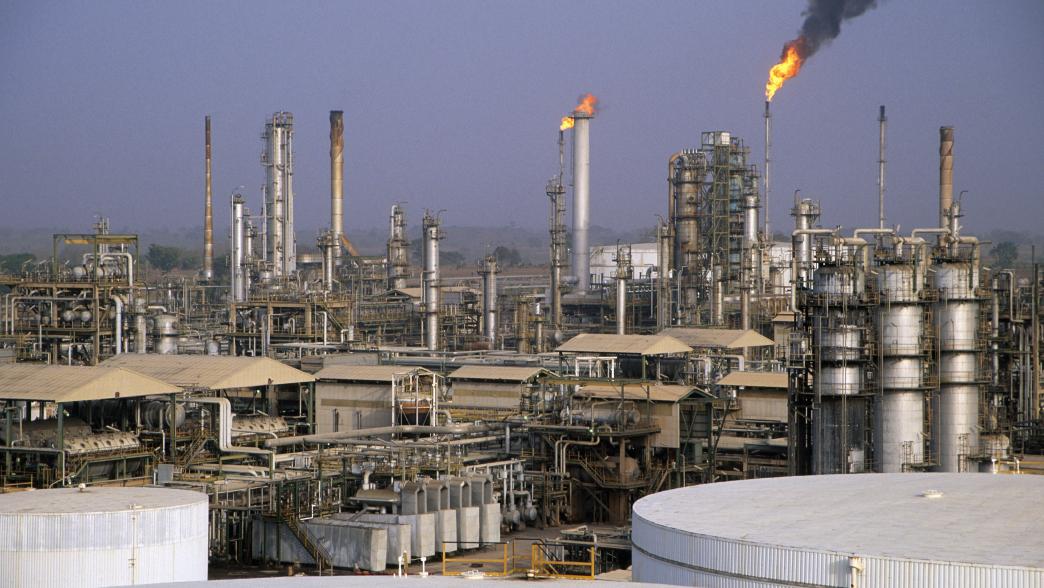
Practical Action on Methane Emissions: How the IMF and Others Can Help
21 November 2023 Online
Urgent action on climate is vital for achieving long-term development goals of prosperity and global health, and some actions have immediate benefits; methane reduction in the energy sector is one of them. Action is needed to provide benefits at the national level while helping to achieve the 2021 Global Methane Pledge—endorsed by 150 countries—to reduce global methane emissions by 30 percent by 2030 to shave 0.2 degrees Celsius from global warming and save millions of lives. There is much scope for action. Research published by the United Nations University WIDER finds that 7.5 percent of natural gas is now wasted each year with a gas sales value of USD $100 billion per year while the Social Cost of Atmospheric Release (SCAR) methodology shows the disproportionately large impact of methane particularly on human health and food security.
Practical solutions are available today through a combination of emissions measurement, transparency, gas monetization technologies, and fiscal measures. These create large opportunities for oil- and gas- producing countries with local as well as global benefits, such as additional government revenues and contributions to the Sustainable Development Goals (SDGs).
For this event, the Center for Global Development (CGD) brought together the perspectives of country policy makers and regulators, fiscal policy experts, and researchers to share insights on how some countries are already leading in application and on how other countries can benefit. Solutions are in part based on innovative work and the global clout of the International Monetary Fund (IMF). As this event was in the lead up to COP28, the panelists delved into how IMF teams can raise this issue to help country authorities act quickly, and discussed how the IMF and other related institutions can incentivize practical action on methane emissions for prosperity and a better climate.
Panelists
- Aida Diop, Senegal senior program officer, Natural Resource Governance Institute
- Ian Parry, principal environmental fiscal policy expert, Fiscal Affairs Department, International Monetary Fund
- Margaret Adesida, director of information, communication and technology, National Oil Spill Detection and Response Agency (NOSDRA), Nigeria
- Kathryn McPhail, chief executive officer, EnergyCC
- John Hicklin, non-resident fellow, CGD
Moderator
Mark Plant, chief operating officer, CEO of CGD Europe and senior policy fellow, CGD

Aida Diop
Senegal Senior Program Officer
